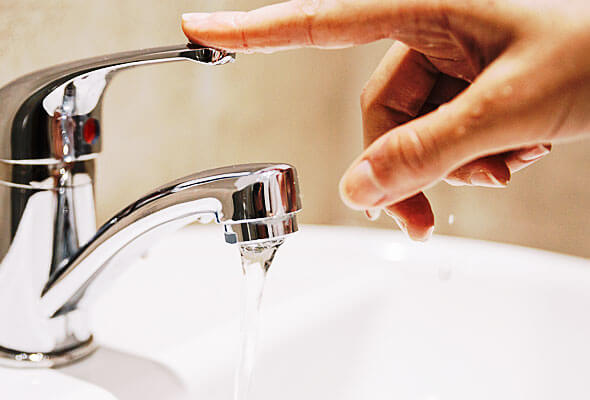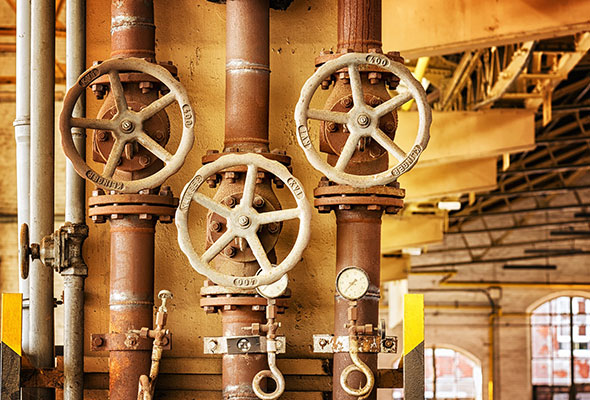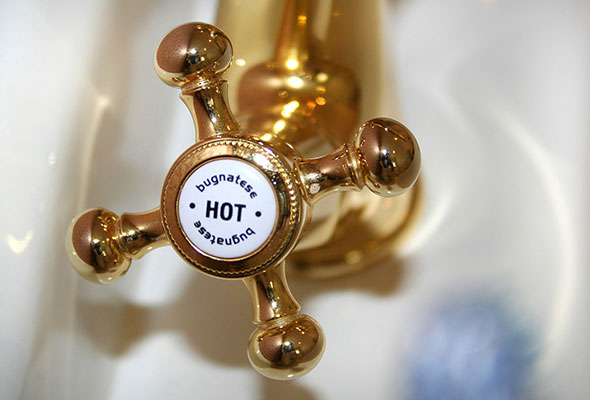Services

Drain Cleaning & Repairs
Sure, here is some information about drain cleaning and repairs:
Drain Cleaning
Drain cleaning is the process of removing clogs from drains. Clogs can be caused by a variety of things, including hair, food, grease, and soap scum. Drain cleaning can be done using a variety of methods, including:
- Plungers: Plunger are the most common method of drain cleaning. They work by using suction to dislodge the clog.
- Wire snakes: Wire snakes are long, flexible rods that are inserted into the drain to break up the clog.
- Hydro jetting: Hydro jetting is a process that uses high-pressure water to blast away the clog.
Drain Repairs
Drain repairs are the process of fixing damaged drains. Damaged drains can be caused by a variety of things, including:
- Roots: Tree roots can grow into drains and cause damage.
- Age: Old drains can become corroded or cracked, which can lead to leaks.
- Improper installation: If a drain is not installed properly, it can be more likely to leak or clog.
Drain repairs can be done in a variety of ways, depending on the severity of the damage. Minor repairs can often be done by a DIYer, but more extensive repairs may require the help of a professional plumber.
Preventative Maintenance
The best way to avoid clogged drains is to do preventative maintenance. This can include:
- Avoid putting grease, oil, or fat down the drain. These substances can solidify and cause clogs.
- Use a strainer in your sink. This will catch food particles and prevent them from going down the drain.
- Rinse food scraps down the drain with hot water. This will help to dissolve them and prevent them from clogging the drain.
- Have your drains professionally cleaned every year. This will help to remove any build-up of debris and prevent clogs from forming.
By following these tips, you can help to keep your drains clear and flowing smoothly.

Gas Line Services
Gas line services are a type of plumbing service that deals with the installation, repair, and maintenance of gas lines. Gas lines are used to transport natural gas and propane to homes and businesses. They can be made of a variety of materials, including copper, steel, and plastic.
Gas line services can be performed by a variety of professionals, including plumbers, HVAC technicians, and gas fitters. The type of service that is needed will depend on the specific problem that is occurring.
Some of the most common gas line services include:
- Gas line installation: This is the process of installing a new gas line. It is typically done when a new home or business is being built, or when an existing gas line needs to be replaced.
- Gas line repair: This is the process of fixing a damaged gas line. It can be caused by a variety of things, including:
- Corrosion: Gas lines can corrode over time, which can cause leaks.
- Physical damage: Gas lines can be damaged by physical objects, such as hammers, nails, or falling objects.
- Improper installation: If a gas line is not installed properly, it can be more likely to leak or rupture.
- Gas line maintenance: This is the process of keeping gas lines in good condition. It can include:
- Inspecting gas lines: Gas lines should be inspected regularly for signs of damage.
- Cleaning gas lines: Gas lines should be cleaned regularly to remove any build-up of debris.
- Testing gas lines: Gas lines should be tested regularly to make sure that they are working properly.
Gas line services are important for a number of reasons. They can help to:
- Prevent leaks: Gas leaks can be dangerous and can lead to fires or explosions.
- Improve safety: Gas lines that are properly installed and maintained are less likely to leak or rupture.
- Increase efficiency: Gas lines that are properly installed and maintained can help to improve the efficiency of your heating and cooling system.
If you are experiencing a problem with your gas lines, it is important to call a qualified professional to repair the problem. Do not attempt to fix a gas line yourself, as this could be dangerous.

Plumbing Services
- Fixture repair: Fixtures, such as sinks, toilets, and showers, can break or malfunction over time. 781 Plumbing & Heating Corp. can repair a variety of fixtures, including replacing broken parts, fixing leaks, and adjusting fixtures that are not working properly.
- Pipe repair: Pipes can also break or leak over time. 781 Plumbing & Heating Corp. can repair a variety of pipes, including replacing broken pipes, fixing leaks, and clearing blockages.
- Fixture installation: If you are remodeling your bathroom or kitchen, you may need to have new fixtures installed. 781 Plumbing & Heating Corp. can install a variety of fixtures, including sinks, toilets, showers, and bathtubs.
- Pipe replacement: If your pipes are old or damaged, you may need to have them replaced. 781 Plumbing & Heating Corp. can replace a variety of pipes, including water pipes, sewer pipes, and gas pipes.

Heating & Cooling
Heating and cooling are two of the most important systems in your home. They keep you comfortable in both the winter and summer, and they can also save you money on your energy bills.
Here are some of the most common types of heating and cooling systems:
- Air conditioners: Air conditioners remove heat and humidity from the air, making your home cooler.
- Heat pumps: Heat pumps can both heat and cool your home. They work by transferring heat from one place to another.
- Furnaces: Furnaces heat the air in your home. They can be powered by natural gas, propane, or electricity.
- Wood stoves: Wood stoves burn wood to heat the air in your home. They can be a good option for homes that are not connected to the natural gas or propane grid.
Here are some tips for keeping your heating and cooling system running efficiently:
- Have your system serviced regularly: This will help to prevent problems and keep your system running at its best.
- Change your air filters regularly: Dirty air filters can restrict airflow and reduce the efficiency of your system.
- Seal any air leaks: Air leaks can cause your system to work harder and waste energy.
- Keep your system clean: Dust and dirt can build up on the coils of your system and reduce its efficiency.
- Upgrade your system if it’s old: Older systems may not be as efficient as newer models. If your system is more than 10 years old, it may be time to upgrade.
By following these tips, you can keep your heating and cooling system running efficiently and save money on your energy bills